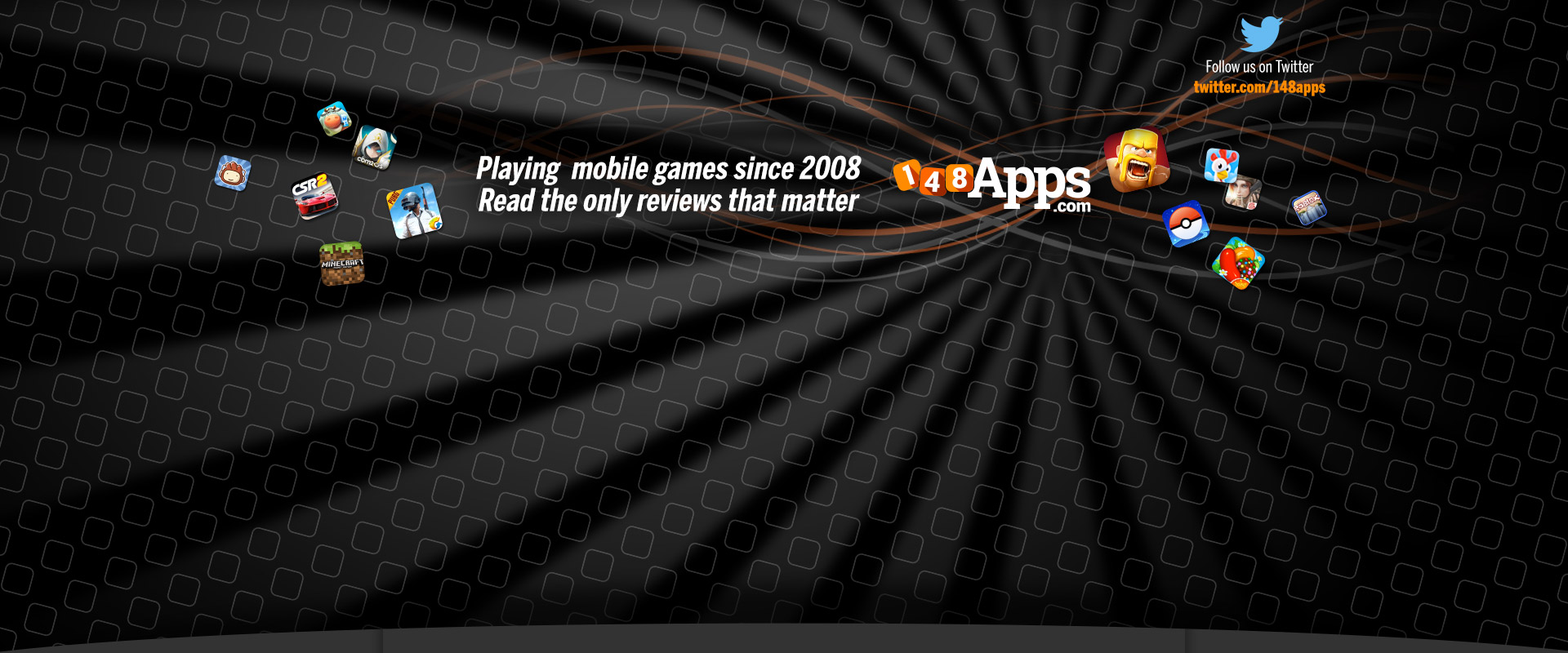Spacetime Studios' Greg Mueller Tells All About Battle Command's New Player-Driven Economy

The recent update of Battle Command! has been quite a significant one, adding a new way of working together and sharing resources through a player-driven economy. The update adds a new resource in the form of Darium, which can be used to produce specialized troops and weapons. The unique part of this is that you can only gain the resource by working together and sharing other resources with your alliance mates. It's a new twist on a familiar format and has the potential to change a lot within the F2P empire building landscape.
Because of that, we took the time to talk to Lead Producer for the game, Greg Mueller, to learn more about how such a significant inclusion came to be.

148Apps: How did you come up with the new resource sharing system? What was the thinking behind it?
Greg Mueller (GM): Players in Battle Command! are very engaged with their Alliances. We have a boosting mechanic where players can send free production boosts and building speed-ups to their Alliance mates. This is a very popular feature in our game with close to 1 million boosts sent per day. We know players enjoy interacting with their Alliances, so we designed this new system to add even more depth and interaction to the Alliance play. We also wanted to give players a way to uniquely contribute to their friends in the game so we added the three resource types that can be shared. This way you might have Diamonds and I have Amber and we both benefit by sharing those with one another.

148Apps: In what way do you expect it to change how players interact with each other and play the game?
GM: This update will definitely add even more emphasis to being in an active Alliance. Players will be sharing more, chatting more, and helping out their friends in a variety of meaningful ways. It takes the social aspect of the game beyond simply chatting or donating troops. With this new Darium resource players will also be able to build six new offensive and defensive weapons, each of which adds a new layer of strategy to the game.

148Apps: How balanced is it? Will players now be pretty much expected to be part of an alliance in order to be successful?
GM: The vast majority of our mid- to high-level players are already in Alliances, so most players won’t have to change the way they play at all to enjoy this new system. We’ve spent a lot of time play testing this both internally and in public beta to make sure we keep the game balanced for players who choose not to join an Alliance.

148Apps: How will the story-arc be affected by this new resource and gathering method?
GM: The Darium update comes with its own original story. The update introduces a new class of units and defensive structures that all look, feel, and act very unique. We had a lot of fun with the story and artwork to make these new units feel powerful and mysterious and fun to use.
Thanks to Greg for taking the time to answer our questions.
Battle Command! is out now on the App Store.

















































